The French president said he will appoint a new prime minister soon, after historic no-confidence vote ousted the prime minister
French President Emmanuel Macron announced on Thursday he will remain in office until 2027, when his five-year term ends. He added that he would appoint a new prime minister within days after the resignation on Thursday of the ousted Michel Barnier.
The National Assembly passed a historic no-confidence vote against Barnier, marking the shortest tenure for a prime minister in modern French history. Before Wednesday, only one government had ever been ousted – that of Georges Pompidou, in October 1962.
In his first public address following the turmoil, Macron criticized the left-wing New Popular Front (NPF) and the right-wing National Rally (RN) opposition for their role in the ousting, calling their alliance an “anti-Republican front.”
“I won’t shoulder other people’s irresponsibility,” he said.
Despite calls from the opposition for his resignation, the president insisted he would fulfill his mandate and ruled out new elections until at least July, as per the French constitution. The country’s constitution does not require a president to step down after his government is ousted.
Back in June Macron also stated his intention to remain in office until May 2027, regardless of the outcomes of the summer snap parliamentary elections he called. At that time Marine Le Pen, the RN figurehead, had said only Macron’s resignation would avoid a hung parliament for the remaining three years of his term.
He appointed Barnier, a 73-year-old conservative and former Brexit negotiator, in September, angering the NPF, which he’d used to sideline the RN. The Macron-backed minority government has clung to power by playing both sides against each other ever since.
Things came to a head over a social security budget proposal in which Barnier tried to cut spending by €40 billion ($41.87 billion) and to raise €20 billion in taxes to deal with a massive deficit. RN threatened a no-confidence vote unless the cabinet made a number of concessions to its “red lines.”
France is the second-largest economy in the Eurozone but has “a mountain of debt,” according to Politico, while “its government hasn’t been this fragile nor its parliament so fractured for a generation.”
Barnier will stay on as a caretaker PM until Macron can appoint a replacement. It took the French president nearly two months to do so after July’s parliamentary election. Another vote is not an option, because the French constitution forbids this until at least a year has passed.
Despite Macron’s bloc coming second in the election, the president has the sole power to name the prime minister, who is not formally required to be a candidate from the dominant party.

 1 month ago
7
1 month ago
7
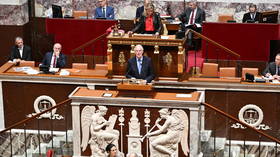
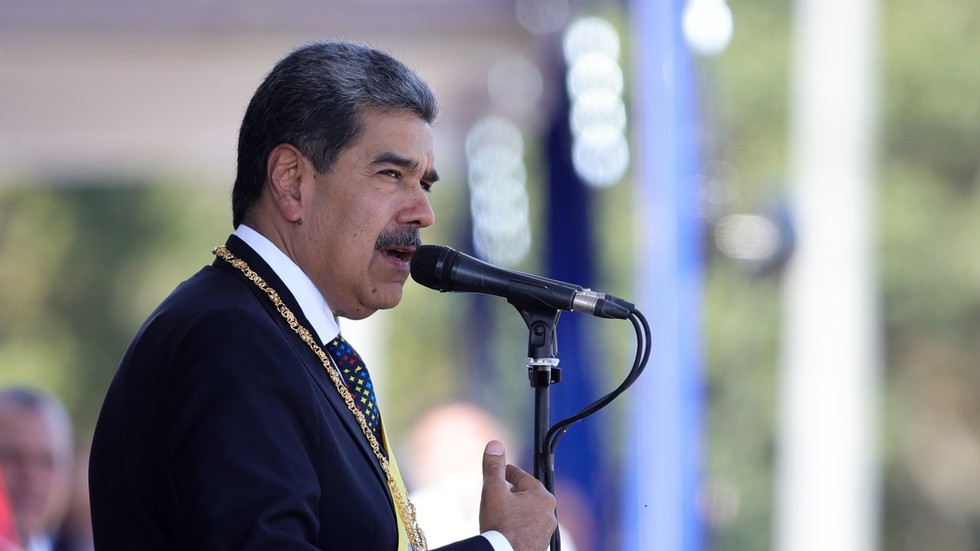
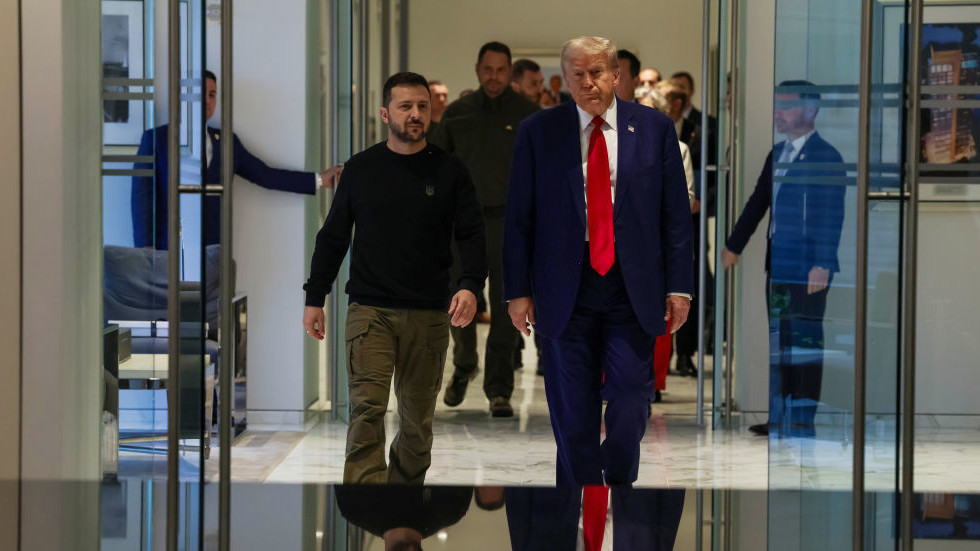

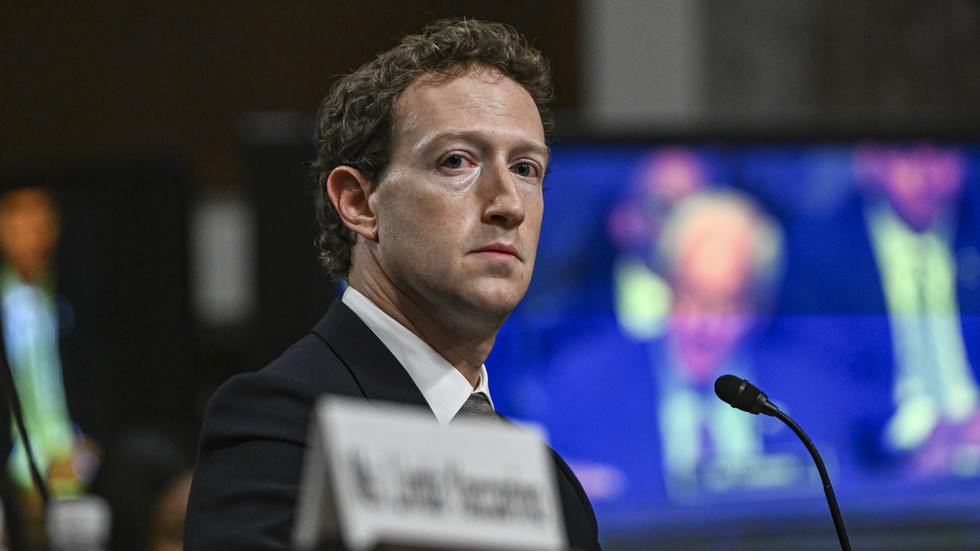
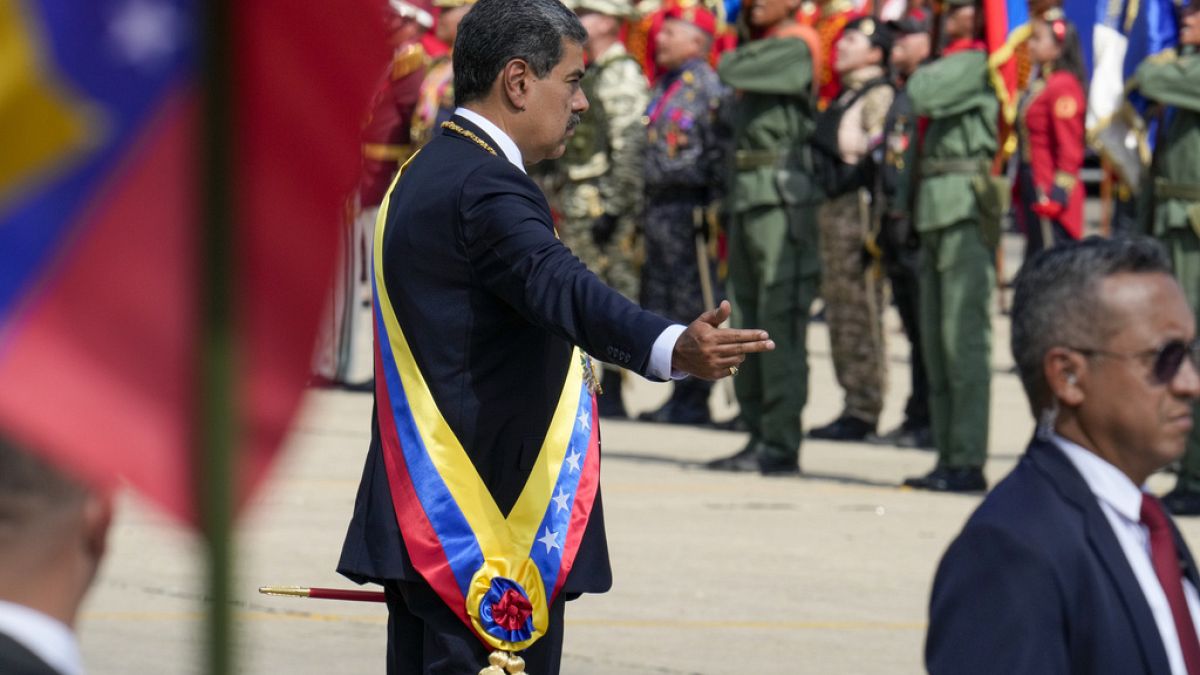
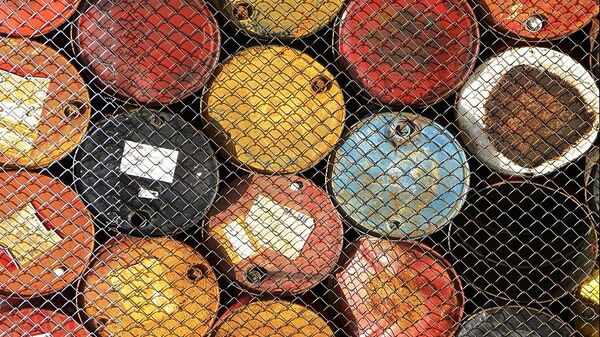
 We deliver critical software at unparalleled value and speed to help your business thrive
We deliver critical software at unparalleled value and speed to help your business thrive






 English (US) ·
English (US) ·